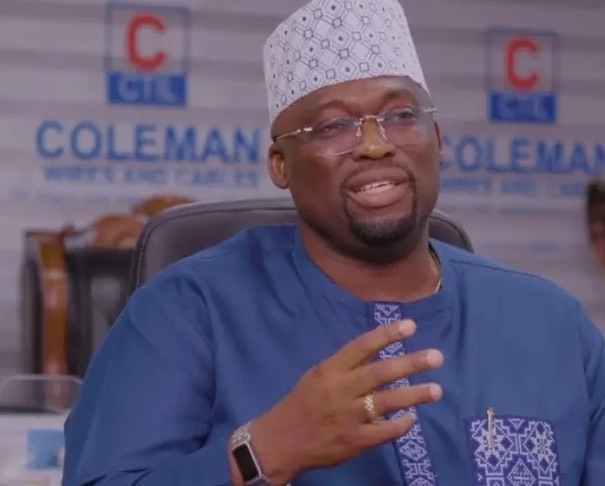Despite a turbulent economy, Nigerian business leaders are being encouraged to shift their focus inward and explore the rich opportunities that lie within the country’s borders. This call for homegrown resilience was a key takeaway from the 2025 Manufacturing Conference held in Lagos, where top industrial players discussed strategies to revitalize Nigeria’s manufacturing sector.
Speaking at the event, themed “Unlocking Nigeria’s Manufacturing Potential: Strategies for Sustainable Growth Amid Economic Turbulence”, George Onafowokan, Managing Director of Coleman Wires and Cables Industries Ltd., challenged local entrepreneurs to adopt a long-term, opportunity-focused mindset.
Foreign Investors Betting on Nigeria While Locals Hold Back
Onafowokan, who also chairs the Ogun State chapter of the Manufacturers Association of Nigeria (MAN), pointed out a growing paradox. While many domestic businesses are scaling back due to rising operational costs, inconsistent regulations, and multiple layers of taxation, foreign investors continue to move in, recognizing untapped value.
“There’s a tendency to view Nigeria’s economic difficulties as a dead end,” he said. “But foreign investors are finding prospects where locals only see obstacles. We need to look at the bigger picture and act with long-term vision.”
As the official who processes new member applications into MAN, Onafowokan reported sustained interest from international firms eager to establish manufacturing operations in Nigeria.
Embracing Innovation and Market Intelligence
Adding to the discussion, Adetunji Aderinto, founder of Zetamind Consulting Ltd., highlighted how technology can bridge the gap between Nigerian manufacturers and their market potential.
“Too many factories close down simply because they’re out of touch with consumer behavior,” Aderinto said. “Data analytics, automation, and digital platforms can dramatically cut costs, optimize processes, and build resilient supply chains.”
He stressed that forward-thinking companies must invest in understanding their customers and adapting to market shifts, instead of relying solely on traditional business methods.
Local Products, Global Quality
Onafowokan further advocated for confidence in locally produced goods. Using Coleman Cables as an example, he asserted that Nigerian-made products often rival or outperform imported alternatives.
“Supporting local doesn’t mean compromising on quality,” he said. “Nigerians must stop undervaluing what we create. Our industries have the capacity to meet international standards.”
Government Urged to Create Enabling Environment
Policy leaders at the event echoed the need for stronger institutional support to complement entrepreneurial efforts. Olusola Obadimu, Director General of the Nigerian Association of Chambers of Commerce, Industry, Mines and Agriculture (NACCIMA), urged urgent action from the Federal Government and the Central Bank to address inflation, which continues to erode business viability.
He also cautioned state governments against prioritizing internal revenue collection at the expense of people-centered development, warning that aggressive tax policies could stifle innovation.
Segun Ajayi-Kadir, Director General of MAN, emphasized that without major policy interventions, Nigeria’s manufacturing potential will remain underutilized.
“The government must lead by example—setting the tone for inclusive growth and industrial revival,” he said.
Ajayi-Kadir called for:
-
Stable, long-term policies to reduce uncertainty for investors
-
Strategic trade partnerships and regional market access
-
Up-to-date export intelligence, supported through embassies and trade attachés
-
Institutionalized dialogue between the private sector and policymakers
-
Massive infrastructure investment, particularly in road networks, as only 37% of Nigeria’s roads are currently serviceable—driving up transportation and production costs
He also proposed converting the “Nigeria First” initiative into a legally binding policy with strict enforcement mechanisms to ensure that local manufacturers are prioritized in procurement and investment decisions.
The Bigger Picture: Belief in Nigeria’s Potential
The message from the conference was clear: resilience, innovation, and a renewed belief in local potential are essential if Nigerian entrepreneurship is to thrive in the face of adversity.
“Success in today’s Nigeria demands grit, innovation, and most importantly, faith in what we can build here,” Onafowokan concluded.

